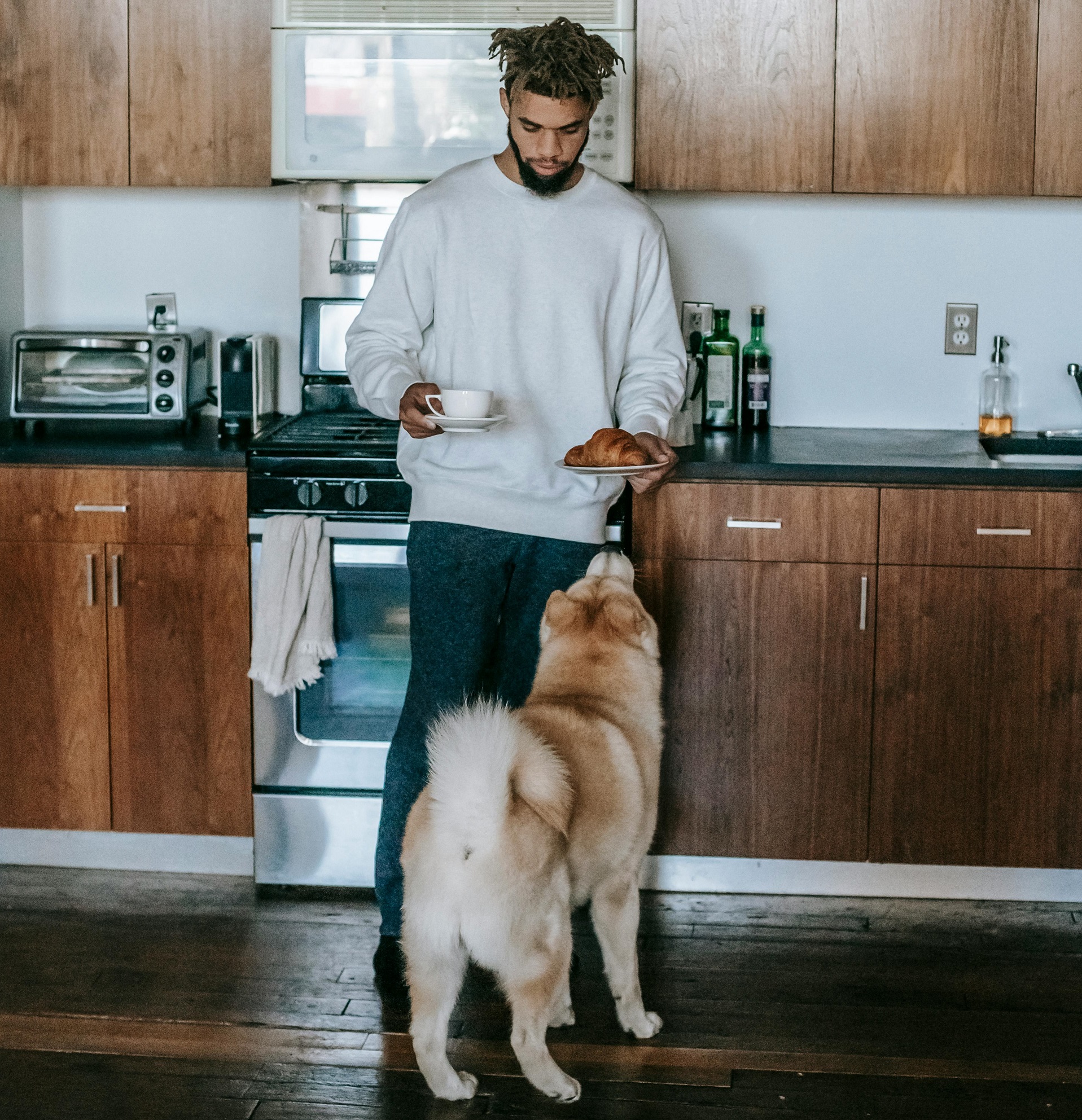Dog Food for Senior Dogs: As dogs age, their nutritional needs change significantly. Senior dogs often require specific diets to support joint health, maintain energy levels, and manage weight. Finding the best dog food for senior dogs can greatly impact their overall well-being and longevity. This guide will help you choose the most suitable nutrition for your aging canine companion.
Why Best Dog Food for Senior Dogs Need Special Nutrition
Senior dogs typically experience slower metabolism, joint stiffness, and potential health issues like kidney disease or obesity. Providing them with a balanced diet rich in high-quality protein, fiber, and essential fatty acids can help manage these concerns.
Key Nutrients for Senior Dogs
- High-quality protein: Supports muscle maintenance and energy.
- Omega-3 fatty acids reduce inflammation and promote joint health.
- Glucosamine and chondroitin aid in joint support and mobility.
- Fiber improves digestion and helps with weight management.
- Antioxidants boost the immune system.
Best Dog Food for Senior Dogs
- Blue Buffalo Life Protection Formula Senior Dog Food
- Features deboned chicken and whole grains.
- Contains glucosamine and chondroitin for joint support.
- Free from artificial preservatives and by-products.
- Hill’s Science Diet Adult 7+ Chicken Meal, Barley & Rice Recipe
- Veterinarian-recommended formula.
- Balanced minerals for heart and kidney health.
- Wellness Complete Health Senior Dry Dog Food
- Includes antioxidants, probiotics, and glucosamine.
- Supports healthy digestion and immune health.
- Nutro Ultra Senior Dry Dog Food
- Blend of lean proteins, whole grains, and superfoods.
- Promotes vitality and heart health.
Pet owners who prefer homemade meals should prepare balanced recipes with lean meats, vegetables, and grains. Always consult a veterinarian to ensure homemade diets meet your dog’s nutritional needs.
Tips for Transitioning to Dog Food for Senior Dogs
- Gradual Transition: Mix the new food with the old over 7-10 days.
- Monitor Health: Watch for changes in weight, energy, and digestion.
- Regular Vet Visits: Schedule check-ups to adjust dietary needs.
FAQ: Dog Food for Senior Dogs
1. When is my dog considered a senior?
Dogs are typically considered seniors around 7 years old, but it varies by breed and size. Larger breeds may age faster and become seniors by age 5-6, while smaller breeds may not reach senior status until 8-10 years.
2. Do senior dogs really need special food?
Yes. Senior dogs often need fewer calories but more high-quality protein, fiber, and joint-supporting nutrients like glucosamine and chondroitin. Special formulas help manage weight, support aging joints, and maintain muscle mass.
3. What ingredients should I look for in senior dog food?
Look for: High-quality animal protein (chicken, beef, fish) Omega-3 fatty acids (for joints and brain health) Antioxidants (vitamins E & C for immune support) Fiber (for digestion) Glucosamine and chondroitin (for joint support)
4. Should I switch to wet or dry food for my senior dog?
It depends on your dog’s needs. Wet food is easier to chew and helps with hydration, which is great for dogs with dental issues. Dry food can be better for dental health but may need to be softened if your dog struggles to chew.
5. How often should I feed my senior dog?
Most senior dogs do well with two meals a day. Smaller, more frequent meals may help with digestion and energy levels.
6. Can senior dogs eat the same food as adult dogs?
They can, but it’s not ideal. Senior dogs have different nutritional needs. Feeding them senior-specific food helps support their aging bodies and health conditions.
7. Is grain-free food better for senior dogs?
Not necessarily. Unless your dog has a diagnosed grain allergy or sensitivity, grains like rice and oats can provide valuable nutrients and fiber.
8. What if my senior dog has kidney or heart problems?
Dogs with health issues often need prescription diets. Consult your vet for a proper diagnosis and tailored food recommendations. Avoid high-sodium and high-phosphorus foods in such cases.
9. How can I tell if the food is helping?
Signs of good nutrition include: Healthy weight Good energy levels Shinier coat Normal stools Mobility improvement (if on joint support food)
10. Do I need to add supplements to my senior dog’s food?
If you’re feeding a balanced senior formula, supplements may not be needed. But if your vet recommends extra joint, heart, or brain support, supplements like fish oil or probiotics can be helpful.
Final Thoughts on Dog Food for Senior Dogs
Choosing the best Dog Food for Senior Dogs ensures they receive the proper nutrition to stay healthy and active. Whether selecting commercial brands or preparing homemade meals, prioritizing their unique dietary requirements can lead to a happier, healthier life.
Support your senior dog’s golden years with the right nutrition today!


